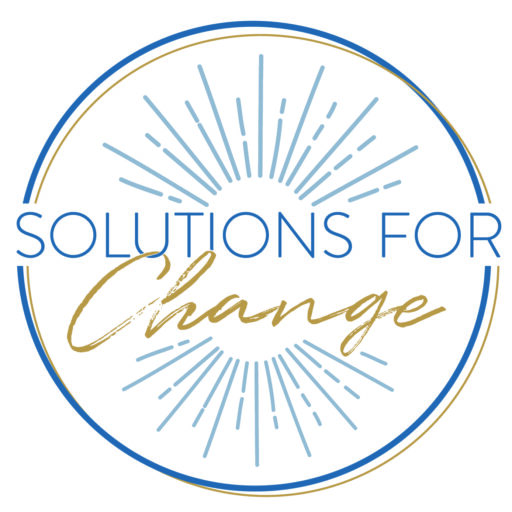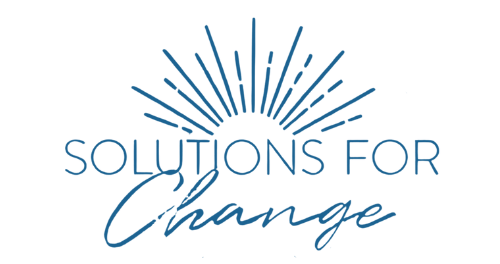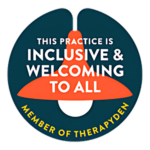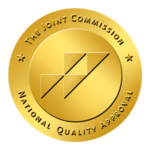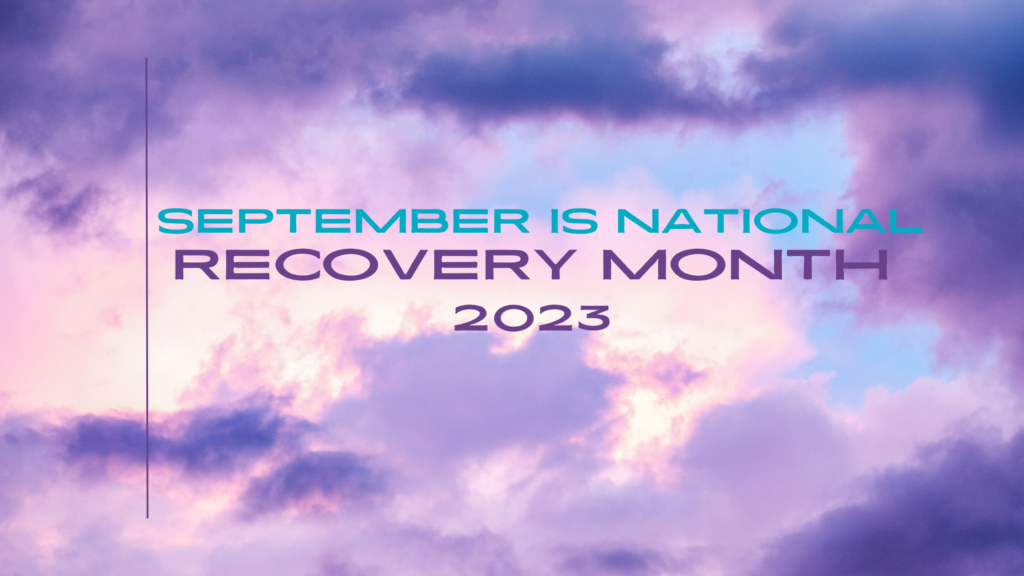
National Recovery Month: Celebrating Healing and Hope
September is a special month for those who have overcome addiction, as it is designated as National Recovery Month. This month-long observance, established by the Substance Abuse and Mental Health Services Administration (SAMHSA), aims to raise awareness about substance use disorders and celebrate the achievements of individuals who have successfully embarked on their path to recovery. In this blog, we’ll delve into the significance of National Recovery Month, its history, and why it’s essential to support and celebrate those in recovery.
The History of this observance
National Recovery Month was first established in 1989 by SAMHSA to highlight the societal benefits of prevention, treatment, and recovery for substance use and mental health issues. The initiative began as a week-long event but later expanded to a month to allow for more extensive outreach and education. Over the years, National Recovery Month has gained recognition and support from various organizations, communities, and individuals, contributing to its growth and impact.
The Significance of National Recovery Month
- Reducing Stigma: One of the primary goals of National Recovery Month is to combat the stigma surrounding addiction and mental health disorders. By sharing stories of recovery and resilience, we can break down stereotypes and encourage open conversations about these issues.
- Promoting Awareness: National Recovery Month provides an opportunity to educate the public about the realities of addiction and mental health challenges. Through seminars, workshops, and events, individuals can learn about the signs, symptoms, and available resources for those in need.
- Inspiring Hope: Celebrating the achievements of those in recovery inspires hope for others who may be struggling. Knowing that recovery is possible and that support is available can be a lifeline for individuals and their families.
- Supporting Treatment and Prevention: The month also emphasizes the importance of accessible treatment options and effective prevention strategies. By highlighting successful recovery stories, we encourage individuals to seek help and take steps toward a healthier future.
- Community Building: National Recovery Month encourages communities to come together in support of individuals in recovery. When we create a network of understanding and compassion, we build a stronger foundation for lasting recovery.
Participating in National Recovery Month
Participating in National Recovery Month is a wonderful way to show your support for individuals in recovery and contribute to the overall mission of reducing stigma and raising awareness about addiction and mental health.
Here are some meaningful ways to get involved:
- Attend Events: Check for local and virtual events happening in your area throughout the month of September. Many communities organize workshops, seminars, and recovery-focused gatherings. These events provide opportunities to learn, connect, and show your support.
- Share Your Story: If you or someone you know has a personal experience with recovery, consider sharing your story. Whether it’s through social media, a blog, or at a local event, personal narratives can be incredibly powerful in inspiring others and breaking down stereotypes.
- Volunteer: Numerous organizations and treatment centers host events during National Recovery Month and often welcome volunteers. Offer your time and skills to help with event planning, fundraising, or outreach. Your contribution can make a significant impact on the success of these initiatives.
- Donate: Many nonprofits and advocacy groups work tirelessly to support individuals in recovery and provide resources for those in need. Consider making a financial contribution to an organization that aligns with your values. Every donation, no matter the size, helps further their mission.
- Educate Yourself and Others: Take the opportunity to educate yourself about addiction, recovery, and mental health. Share informative articles, books, and resources with your friends and family to foster understanding and empathy.
- Promote on Social Media: Use your social media platforms to spread awareness about National Recovery Month. Share relevant posts, articles, and graphics. Don’t forget to use appropriate hashtags to reach a broader audience.
- Organize or Join Walks and Runs: Many National Recovery Month events involve walks or runs to raise awareness and funds for addiction and mental health organizations. Participate in these events or consider organizing one in your community.
- Advocate for Policy Change: Get involved in advocacy efforts to promote policies that support addiction treatment and mental health services. Write letters to your local representatives, join advocacy groups, and participate in public forums on these important issues.
- Support Loved Ones in Recovery: If you have friends or family members in recovery, offer your unwavering support. Attend their recovery meetings or therapy sessions, listen without judgment, and encourage their continued progress.
- Create Art and Express Yourself: Artistic expression can be a powerful way to communicate messages of hope and recovery. Create art, music, or written pieces that highlight the journey of recovery and share them with your community.
- Educate Your Workplace: If you’re an employer or HR manager, consider hosting educational sessions or workshops about addiction and mental health in the workplace. Create an environment where employees feel safe seeking help if needed.
- Participate in Fundraising Campaigns: Many organizations run fundraising campaigns during National Recovery Month. Consider participating in these campaigns by donating, fundraising, or supporting others’ efforts.
Learn more about our intensive outpatient program
National Recovery Month is a time to celebrate the resilience and strength of individuals in recovery while raising awareness about addiction and mental health issues. By providing support, education, and inspiration, we can contribute to the ongoing journey of healing and recovery. Remember, your words and actions can make a difference in someone’s life, and together, we can build a more compassionate and understanding society.
